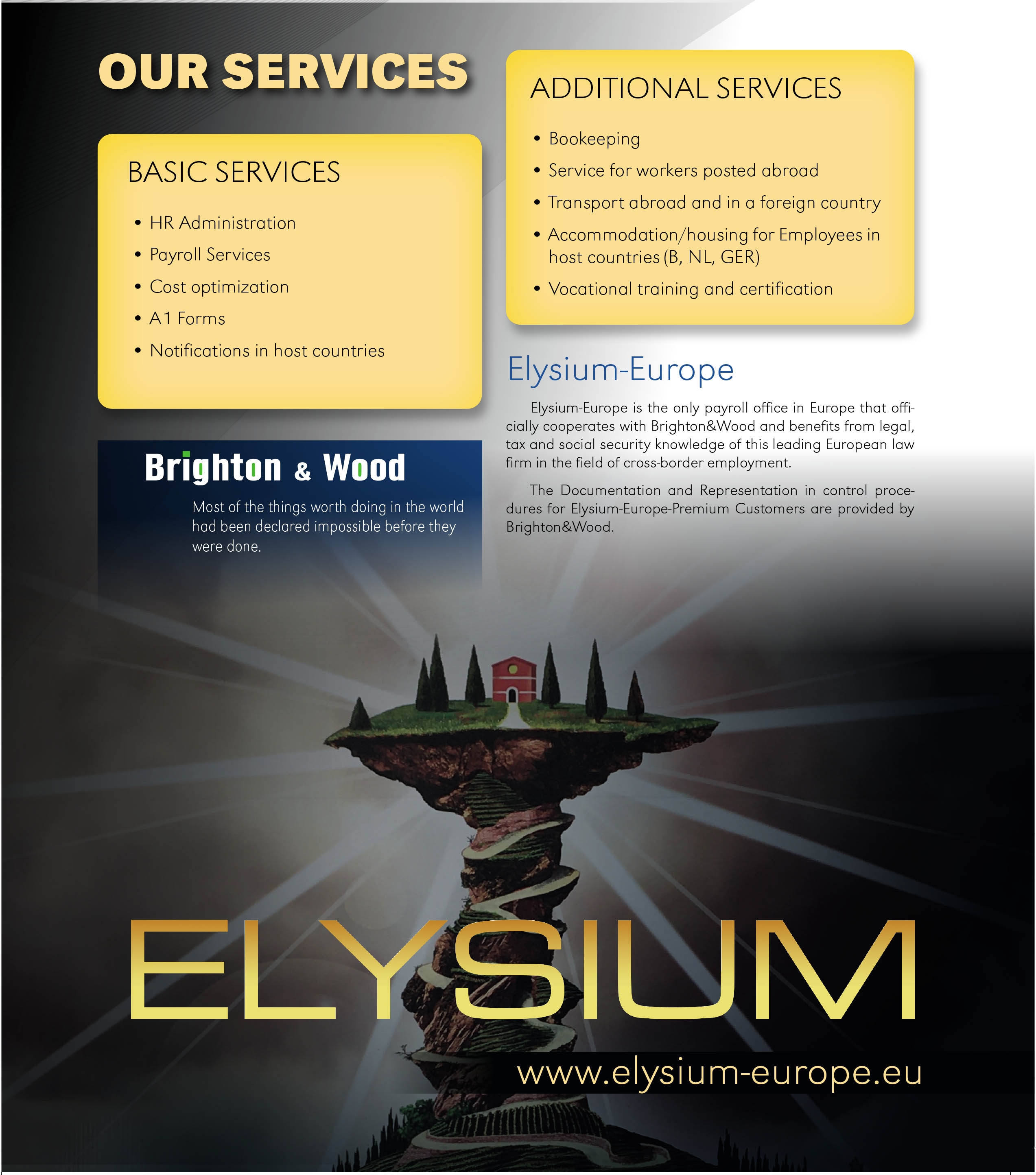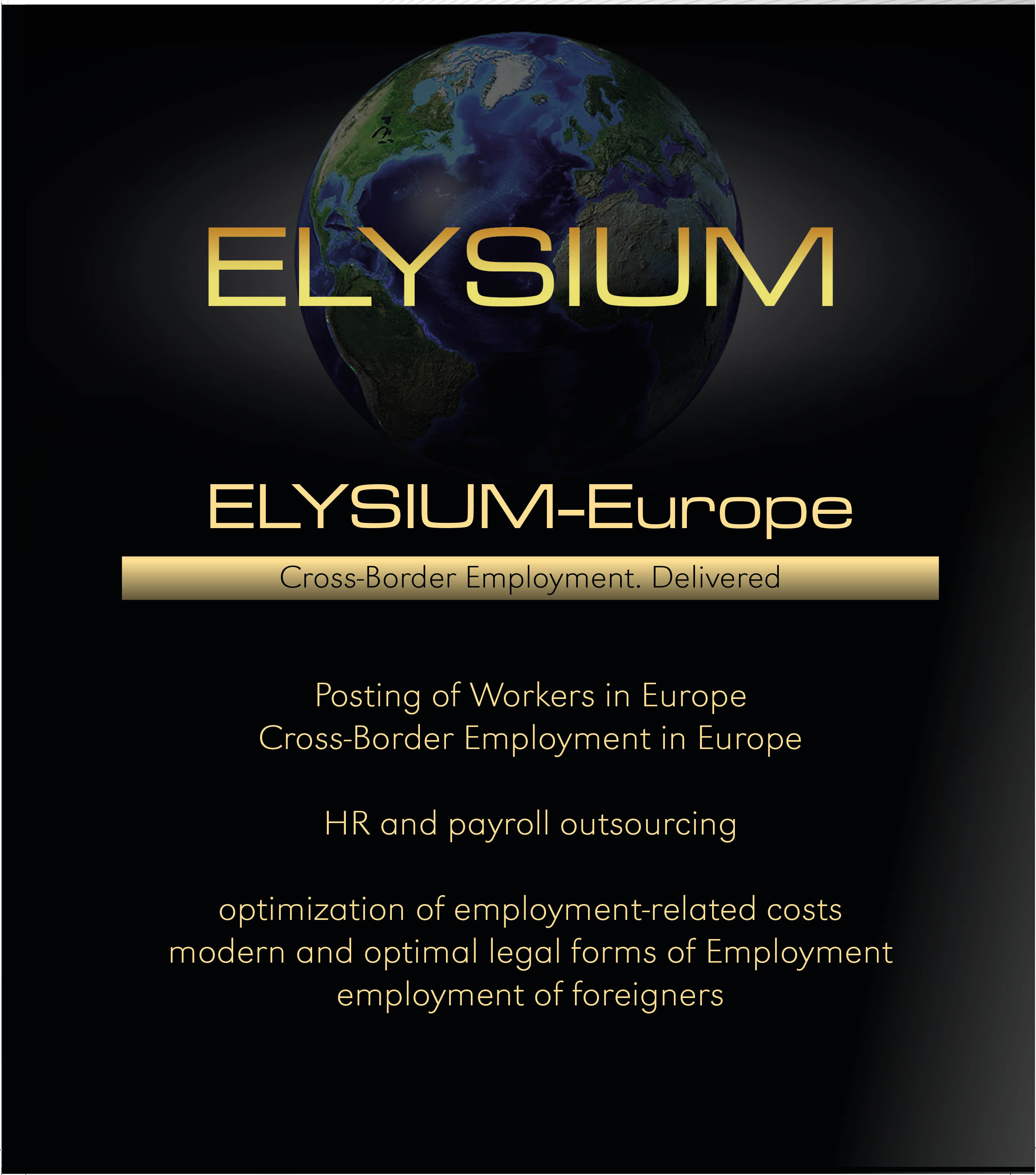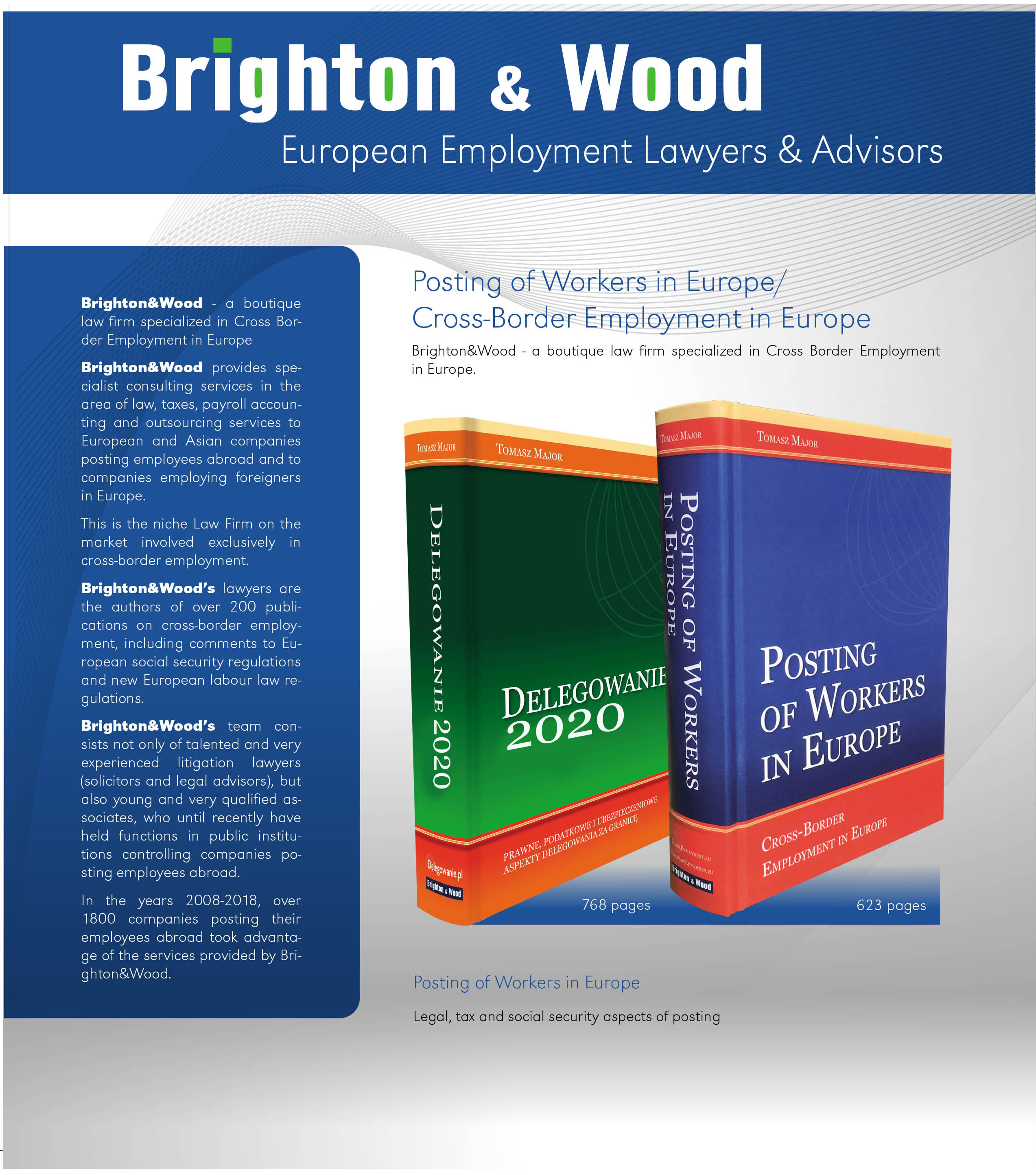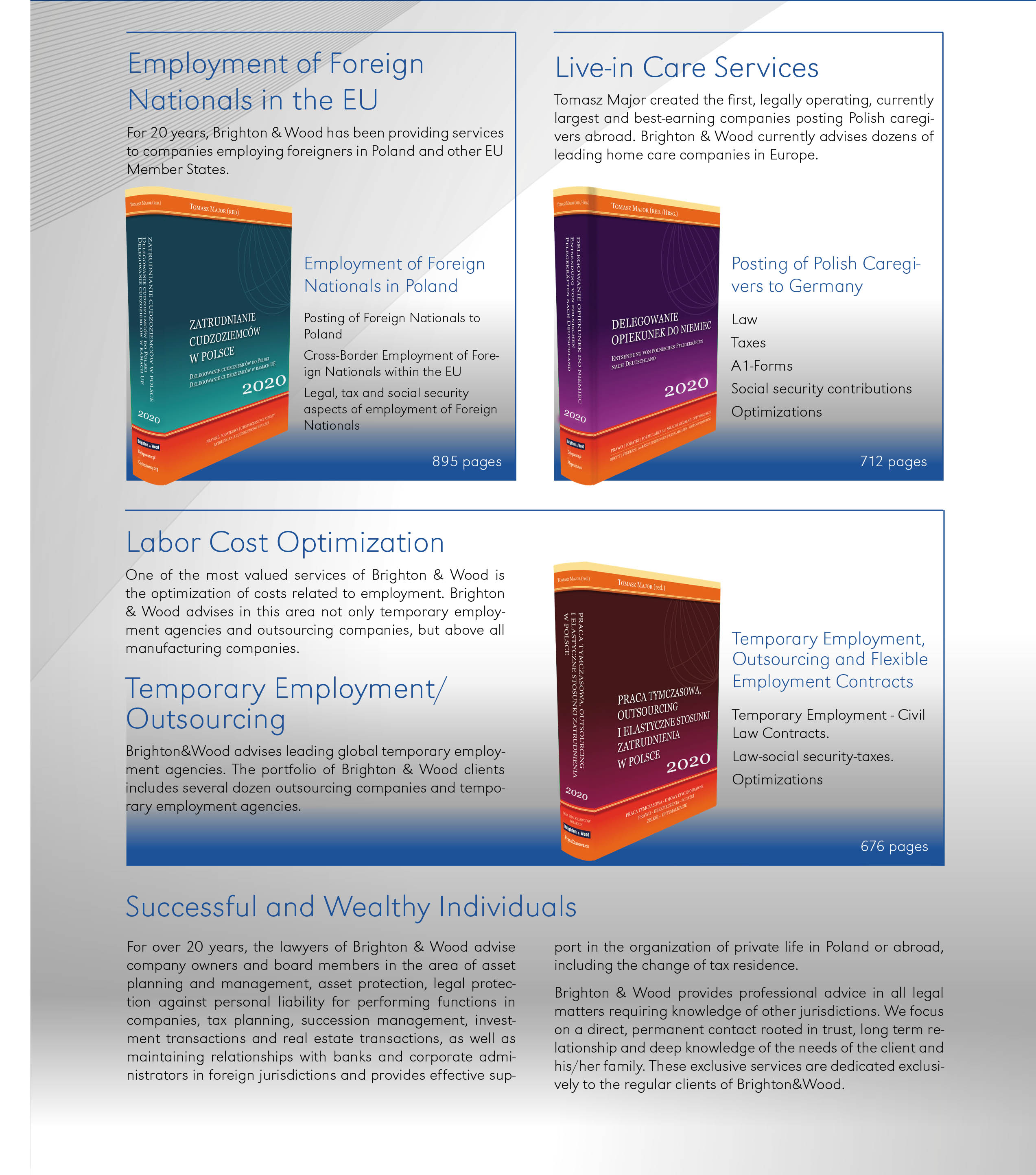DECISION No A2
of 12 June 2009
concerning the interpretation of Article 12 of Regulation (EC) No 883/2004 of the European Parliament and of the Council on the legislation applicable to posted workers and self-employed workers temporarily working outside the competent State
(Text of relevance to the EEA and to the EC/Switzerland Agreement)
2010/C 106/02
THE ADMINISTRATIVE COMMISSION FOR THE COORDINATION OF SOCIAL SECURITY SYSTEMS,
Having regard to Article 72(a) of Regulation (EC) No 883/2004 of the European Parliament and of the Council of 29 April 2004 on the coordination of social security systems, under which the Administrative Commission is responsible for dealing with all administrative questions or questions of interpretation arising from the provisions of Regulation (EC) No 883/2004 and Regulation (EC) No 987/2009 of the European Parliament and of the Council of 16 September 2009 laying down the procedure for implementing Regulation (EC) No 883/2004 on the coordination of social security systems,
Having regard to Article 12 of Regulation (EC) No 883/2004,
Having regard to Articles 5, 6 and 14 to 21 of Regulation (EC) No 987/2009,
Whereas:
(1)The provisions of Article 12 of Regulation (EC) No 883/2004, which provide for an exception to the general rule laid down in Article 11(3)(a) of the said Regulation, aim in particular to facilitate the freedom to provide services for the benefit of employers which post workers to Member States other than that in which they are established, as well as the freedom of workers to move to other Member States. These provisions also aim at overcoming the obstacles likely to impede freedom of movement of workers and at encouraging economic interpenetration whilst avoiding administrative complications, especially for workers and undertakings.
(2) The purpose of these provisions is thus to avoid, for workers, employers and social security institutions, the administrative complications which would result from the application of the general rule laid down in Article 11(3)(a) of the said Regulation where the period of employment is of short duration in a Member State other than the State in which the undertaking has its registered office or a place of business or the State in which the self-employed person normally pursues his activity.
(3) To this end, the first decisive condition for the application of Article 12(1) of the said Regulation is the existence of a direct relationship between the employer and the worker it engages.
(4)The protection of the worker and the legal security to which he and the institution with which he is insured are entitled require full guarantees that the direct relationship be maintained throughout the period of posting.
(5) The second decisive condition for application of Article 12(1) of the said Regulation is the existence of ties between the employer and the Member State in which it is established. The possibility of posting should therefore be confined solely to undertakings normally carrying on their business in the territory of the Member State whose legislation remains applicable to the posted worker; assuming therefore that the above provisions apply only to undertakings which ordinarily perform substantial activities in the territory of the Member State in which they are established.
(6) Indicative periods for employed persons and self- employed persons should be specified without prejudice to a case-by-case evaluation.
(7) There can no longer be any guarantee of maintaining the direct relationship if the posted worker is made available to a third undertaking.
(8)It is necessary to be able to carry out, throughout the period of posting, all the checks, in particular with regard to the payment of contributions and the maintenance of the direct relationship, required to prevent wrongful use of the abovementioned provisions, and to ensure that administrative bodies, employers and workers are suitably informed.
(9) The worker and the employer must be duly informed of the conditions under which the posted worker is allowed to remain subject to the legislation of the country from which he has been posted.
(10) The situation of undertakings and workers should be assessed and monitored by the competent institutions with the appropriate guarantees so as not to impede the freedom to provide services and the freedom of movement of workers.
(11) The principle of sincere cooperation, laid down in Article 10 of the Treaty, places a number of obligations on the competent institutions for the purpose of implementing Article 12 of Regulation (EC) No 883/2004.Acting in accordance with the conditions laid down in Article 71(2) of Regulation (EC) No 883/2004,
HAS DECIDED AS FOLLOWS:
1. The provisions of Article 12(1) of Regulation (EC) No 883/2004 shall apply to a worker subject to the legislation of a Member State (sending State) by virtue of the pursuit of an activity in the employ of an employer and who is sent by that employer to another Member State (State of employment) in order to perform work there for that employer.
The work shall be regarded as being performed for the employer of the sending State if it has been established that this work is being performed for that employer and that there continues to exist a direct relationship between the worker and the employer that posted him.
In order to establish whether such a direct relationship continues to exist, assuming therefore that the worker continues to be under the authority of the employer which posted him, a number of elements have to be taken into account, including responsibility for recruitment, employment contract, remuneration (without prejudice to possible agreements between the employer in the sending State and the undertaking in the State of employment on the payment to the workers), dismissal, and the authority to determine the nature of the work.
For the application of Article 14(1) of Regulation (EC) No 987/2009, as an indication, having been subject to the legislation of the Member State in which the employer is established for at least one month can be considered as meeting the requirement referred to by the words ‘immediately before the start of his employment’. Shorter periods would require a case-by-case evaluation taking account of all the other factors involved.
In order, where necessary and in cases of doubt, to determine whether an employer ordinarily performs substantial activities in the territory of the Member State in which he/she is established, the competent institution in the latter is required to examine all the criteria characterising the activities carried on by that employer, including the place where the undertaking has its registered office and administration, the number of administrative staff working in the Member State in which it is established and in the other Member State, the place where posted workers are recruited and the place where the majority of contracts with clients are concluded, the law applicable to the contracts concluded by the undertaking with its workers, on the one hand, and with its clients, on the other hand, the turnover during an appropriately typical period in each Member State concerned and the number of contracts performed in the sending State. This is not an exhaustive list, as the criteria should be adapted to each specific case and take account of the nature of the activities carried out by the undertaking in the State in which it is established.
2. For the application of Article 14(3) of Regulation (EC) No 987/2009, the fulfilment of the requirements in the Member State where the person is established is assessed on criteria such as having use of office space, paying taxes, having a professional card and a VAT number or being registered with chambers of commerce or professional bodies. As an indication, pursuing one’s activity for at least two months can be considered as meeting the requirement referred to by the words ‘for some time before the date when he wishes to take advantage of the provisions of that Article’. Shorter periods would require a case-by-case evaluation taking account of all the other factors involved.
3.
(a) Pursuant to the provisions of paragraph 1 of this Decision, Article 12(1) of Regulation (EC) No 883/2004 shall continue to apply for posting of staff if the worker, posted by an undertaking in the sending State to an undertaking in the State of employment, is also posted to one or more other undertakings in the same State of employment, in so far as, however, as the worker continues to carry out his work for the undertaking which posted him. This may be the case, in particular, if the undertaking posted the worker to a Member State in order to perform work there successively or simultaneously in two or more undertakings situated in the same Member State. The essential and decisive element is that the work continues to be carried out on behalf of the posting undertaking.
Posting to different Member States which immediately follow each other shall in each case give rise to a new posting within the meaning of Article 12(1) of Regulation (EC) No 883/2004.
(b) Brief interruption of the worker’s activities with the undertaking in the State of employment, whatever the reason (holidays, illness, training at the posting undertaking ...), shall not constitute an interruption of the posting period within the meaning of Article 12(1) of Regulation (EC) No 883/2004.
(c) Once a worker has ended a period of posting, no fresh period of posting for the same worker, the same undertakings and the same Member State can be authorised until at least two months have elapsed from the date of expiry of the previous posting period. Derogation from this principle is, however, permissible in specific circumstances.
4. The provisions of Article 12(1) of Regulation (EC) No 883/2004 shall not apply or shall cease to apply in particular:
(a) if the undertaking to which the worker has been posted places him at the disposal of another undertaking in the Member State in which it is situated;
(b) if the worker posted to a Member State is placed at the disposal of an undertaking situated in another Member State;
(c) if the worker is recruited in a Member State in order to be sent by an undertaking situated in a second Member State to an undertaking in a third Member State.
5.
(a) The competent institution of the Member State to whose legislation the person concerned remains subject pursuant to Article 12(1) of Regulation (EC) No 883/2004, in the cases provided for by this Decision, shall duly inform the employer and the worker concerned of the conditions under which the posted worker may continue to be subject to its legislation. The employer shall thus be informed of the possibility of checks throughout the period of posting so as to ascertain that this period has not come to an end. Such checks may relate, in particular, to the payment of contributions and to the maintenance of the direct relationship.
The competent institution of the Member State in which the person concerned is established, to whose legislation the self-employed person remains subject pursuant to Article 12(2) of Regulation (EC) No 883/2004, shall duly inform him of the conditions under which he may continue to be subject to its legislation. The person concerned shall thus be informed of the possibility of checks throughout the period during which he pursues a temporary activity in the State in which he is active, so as to ascertain that the conditions applying to that activity have not changed. Such checks may relate, in particular, to the payment of contributions and the maintenance of the infrastructure needed to pursue his activity in the State in which he is established.
(b) Moreover, the posted worker and his employer shall inform the competent institution of the sending State of any change occurring during the period of posting, in particular:
- if the posting applied for has in the end not taken place,
- if the activity is interrupted in a case other than that provided for in paragraph 3(b) of this Decision,
- if the posted worker has been assigned by his employer to another undertaking in the sending State, in particular in the event of merger or transfer of an undertaking.
(c) The competent institution of the sending State shall, where appropriate and upon request, provide the institution of the State of employment with the information referred to in subparagraph (b).
(d) The competent institutions of the sending State and of the State of employment shall cooperate in carrying out the abovementioned checks and where there is any doubt concerning the applicability of Article 12 of Regulation (EC) No 883/2004.
6. The competent institutions shall assess and monitor the situations covered by Article 12 of Regulation (EC) No 883/2004 and provide employers and workers with all appropriate guarantees so as not to impede the freedom to provide services and the freedom of movement of workers. In particular, the criteria used for assessing whether an employer normally carries out its activities in the territory of a State, whether a direct relationship exists between the undertaking and the worker, or whether a self-employed worker maintains the infrastructure needed to pursue his activity in a State, must be applied consistently and evenly in the same or similar situations.
7. The Administrative Commission shall encourage cooperation between the competent authorities in the Member States for the purpose of implementing Article 12 of Regulation (EC) No 883/2004 and shall facilitate follow-up work and the exchange of information, experience and good practice when fixing and grading the criteria for assessing the situations of undertakings and workers, and in connection with the control measures put in place. To this end, it shall draw up in stages, for the benefit of administrative authorities, undertakings and workers, a guide of good practice concerning the posting of workers and the pursuit by self-employed workers of a secondary activity outside the State in which they are established.
8. This Decision shall be published in the Official Journal of the European Union. It shall apply from the date of entry into force of Regulation (EC) No 987/2009.
| Załącznik | Size |
|---|---|
| Beschluss Nr. A2 zur Auslegung des Artikels 12 der Verordnung (EG) Nr. 8832004_0.pdf | 1.63 MB |






